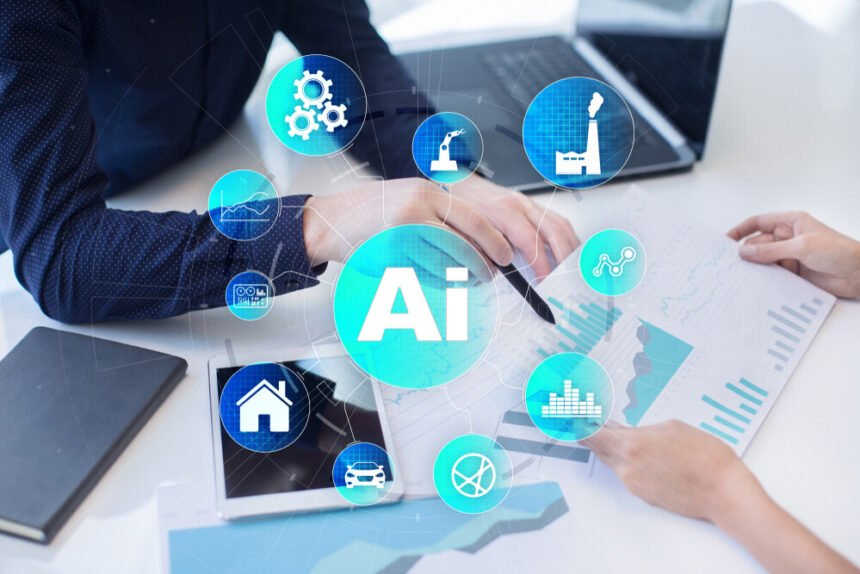We are no strangers to technological advancement. We are positively immersed and surrounded in it. It seems that no matter where one looks, there is the prominent force of technology and rapid digitalisation present in some way. The digital era is well and truly here, and we are becoming increasingly familiar and reliant on it. We wake up and reach for our smartphones, we book our rides to the office on them, order our food on them, do our work on them… It is something that we cannot escape, as it has become as integrated into society as language.
The most prominent technological force turning ripples into waves in recent months (and in recent years, for that matter) is none other than AI (artificial intelligence). While AI has been the topic of countless blockbuster films, television shows, and best-selling novels for decades, it has only been relatively recently that AI has become a reality (not to be confused with machine learning technology).
Understanding artificial intelligence
According to Google, AI refers to “the theory and development of computer systems able to perform tasks normally requiring human intelligence. These include visual perception, speech recognition, decision-making, and language translation”. Put simply, AI refers to intelligence machines that are built with capabilities to take on set tasks in an effort to make human life easier, more convenient, more efficient, or more enjoyable (and often all four, or a combination of the four, at once). It sounds like a wonder, because it is, and it is a wonder that is fast becoming a familiar innovation in modern life. Technically speaking, it is able to act like a human being, complete with human logic.
This is different from another branch of technology called machine learning whereby the computer “learns” through a set algorithm and is unable to innovate or think creatively, where true artificial intelligence can. It is limited by its software – something that has been built into the technology as an assurance to humankind that it will not take over the world as many sci-fi films and books will have you believe is what will happen when machines become smarter than humans. There is no risk of that happening with machine learning technology.
Similarly, AI does not have the capacity of thinking independently as it is also limited by its parameters. However, unlike machine learning, it is able to “think” like a human, rather than a machine.
How AI applications are becoming more prominent
Today, AI application is fast becoming more and more prominent. From being the technology behind the automation of a company to the introduction of the world’s first semi-autonomous vehicles, and every known AI innovation in between, AI is now embedded into the digital framework of countless modern technologies. Soon, technology will be peppered with AI and it will become fully integrated into modern society.
One day, a web design agency might use AI in the development and design of websites for their clients. Forgoing the need for a web developer to slave away at the code and design. It will also help companies like Giant Media communicate with their clients – especially in the early stages. AI can replace chat operators and find out what the client needs before assigning him or her to someone who is best suited to handle that client and bypassing time-wasters who are only interested in surveying the market and not serious in using their services.
AI is currently being used in vetting potential employees. By plotting in various keywords, the software can filter out applicants that simply do not reach the company’s requirements. While it is possible that you might miss out on a potentially good candidate, it will save time on your hiring process which is what technology is for: making lives more convenient. However, AI will not completely remove the human factor from hiring, as it is important for a panel or interviewer to assess the individual in person and other communicative factors. AI should only be used in the event of filtering and matching results with the company’s requirements.
AI is embedded into the future of the digital era
What we are seeing now is just the beginning for AI implementation and expansion. While it might still sound like something out of a sci-fi movie, technology has always had a way of bamboozling the public. Think the introduction of the first bionic arm, or the first virtual home assistant robotics, all are nothing short of awe-inspiring and incredible. Or even something as simple as a telephone – when it was first introduced, no doubt the general masses were mesmerized by its “magic” that allows them to talk to their friends through a box. It is sure to be a wild ride from this point on, and there is nowhere to go but up. The best is indeed yet to come.

